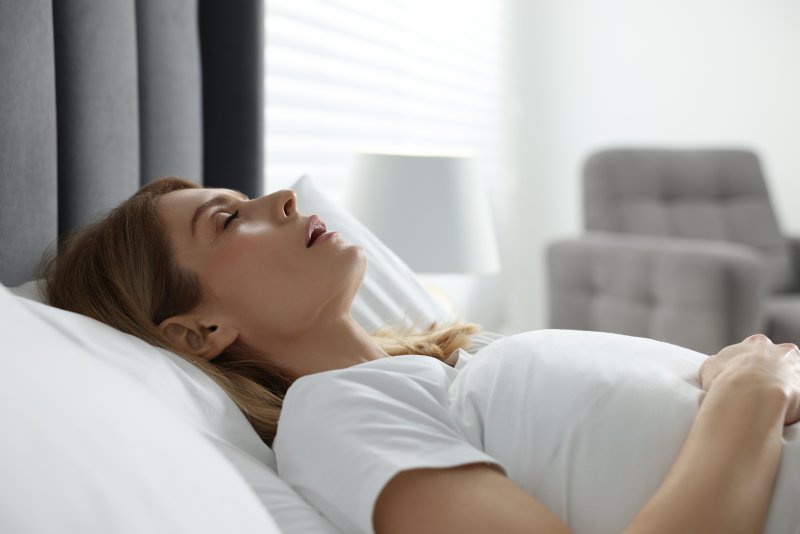
Whether you believe you are living with sleep apnea or not, the proof might exist in a detailed log that your doctor recommends you keep each night. Also known as a sleep diary, this unique method can be the key to helping you breathe better and avoid chronic fatigue day after day. However, knowing what to write down as well as why you should do it may leave you feeling confused. Read on to discover the reason your doctor finds this simple log to be incredibly valuable.
What is the Purpose of a Sleep Diary?
Sleep doctors will typically recommend that you keep a sleep diary as the first step in determining whether you have sleep apnea or another similar disorder (i.e., snoring, insomnia, etc.).
Its contents can assist in identifying habits that inhibit your ability to achieve optimal rest each night, such as cell phone usage, alcohol consumption, late exercise, certain medications, and more. These details can be combined with the overall analysis of a formal sleep study – the key component to establishing a diagnosis.
What Kind of Data is Compiled in a Sleep Diary?
Although each doctor will suggest different items to make note of in a sleep diary, you can generally expect that they’ll want to know more about:
- When you go to bed and wake up
- What you do immediately before going to sleep (i.e., read a book, check emails on your phone, watch TV, listen to music, etc.)
- The types of beverages you consume in the evening
- Any medications you take before bed
- Whether you take naps during the day and if so, how many?
- Your sleep quality perspective
- How many times you experience a sleep interruption
Are There Other Ways to Track Your Sleep Patterns?
Yes, other methods can be used to track your sleep habits and patterns; however, not all of them are reliable.
Various companies have wearable devices that can monitor your rest time and activity, but unfortunately, they are not as accurate as many claim to be.
When meeting with your sleep dentist, you can expect they will recommend the use of a sleep diary and a formal sleep study. These can be conducted in the comfort of your home while wearing a specific device or in a local laboratory or clinic.
The process of determining whether you have sleep apnea requires several steps; however, by maintaining a detailed diary and sharing it with your doctor, you can be even closer to receiving life-changing treatment.
About the Practice
At Star Sleep & Wellness in Denton, our sleep dentists and specialists are well-versed in diagnosing and treating all types of sleep disorders and conditions. When a patient arrives complaining of chronic fatigue, moodiness, drowsy driving, the inability to focus, and frequent interruptions occurring throughout the night, we can suggest effective methods to achieve a formal sleep apnea diagnosis. Contact us to discover what tactics we use to help you get the rest you need.
